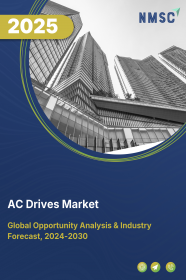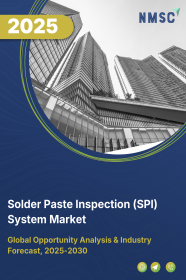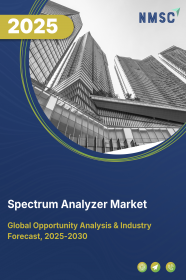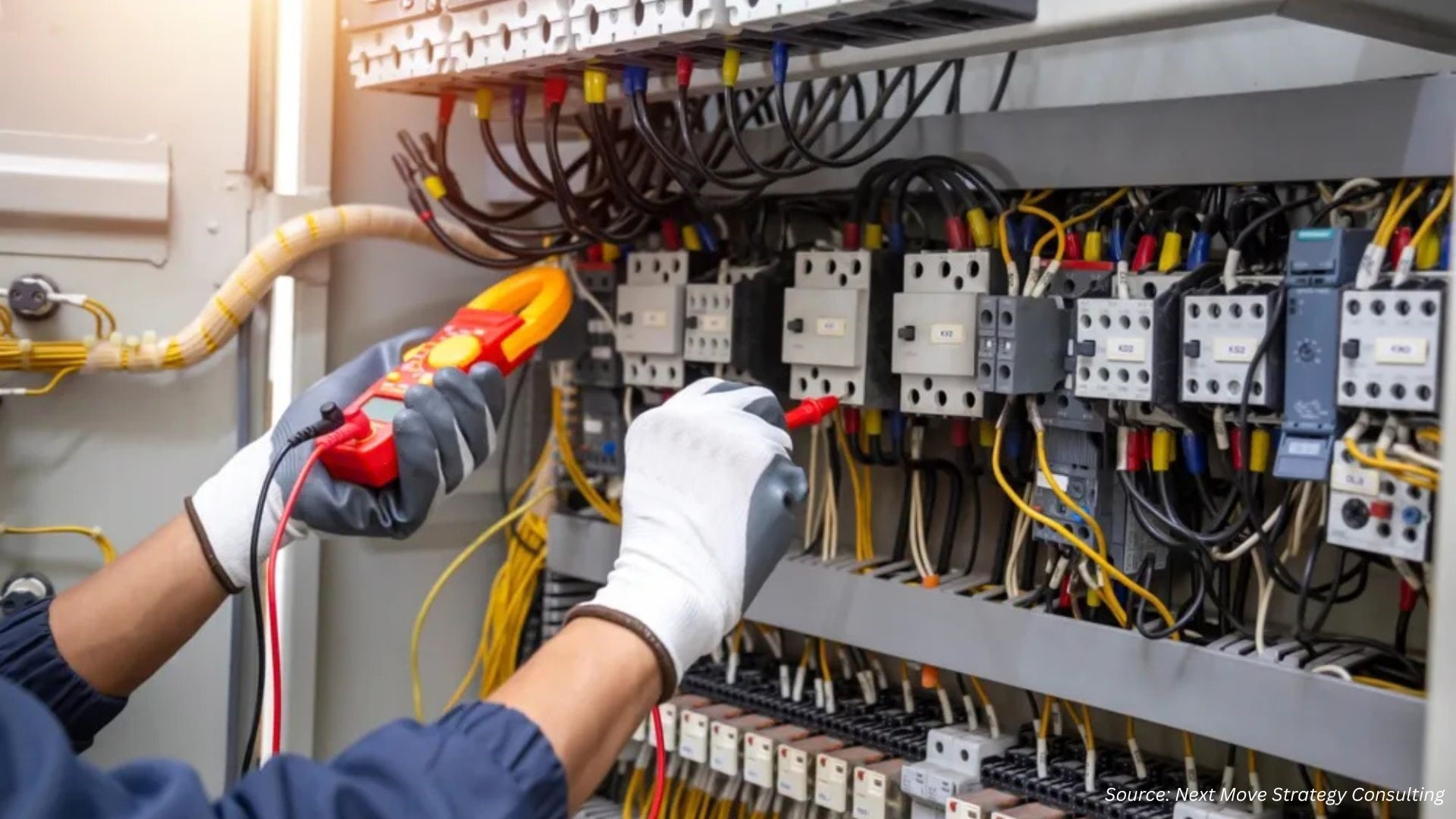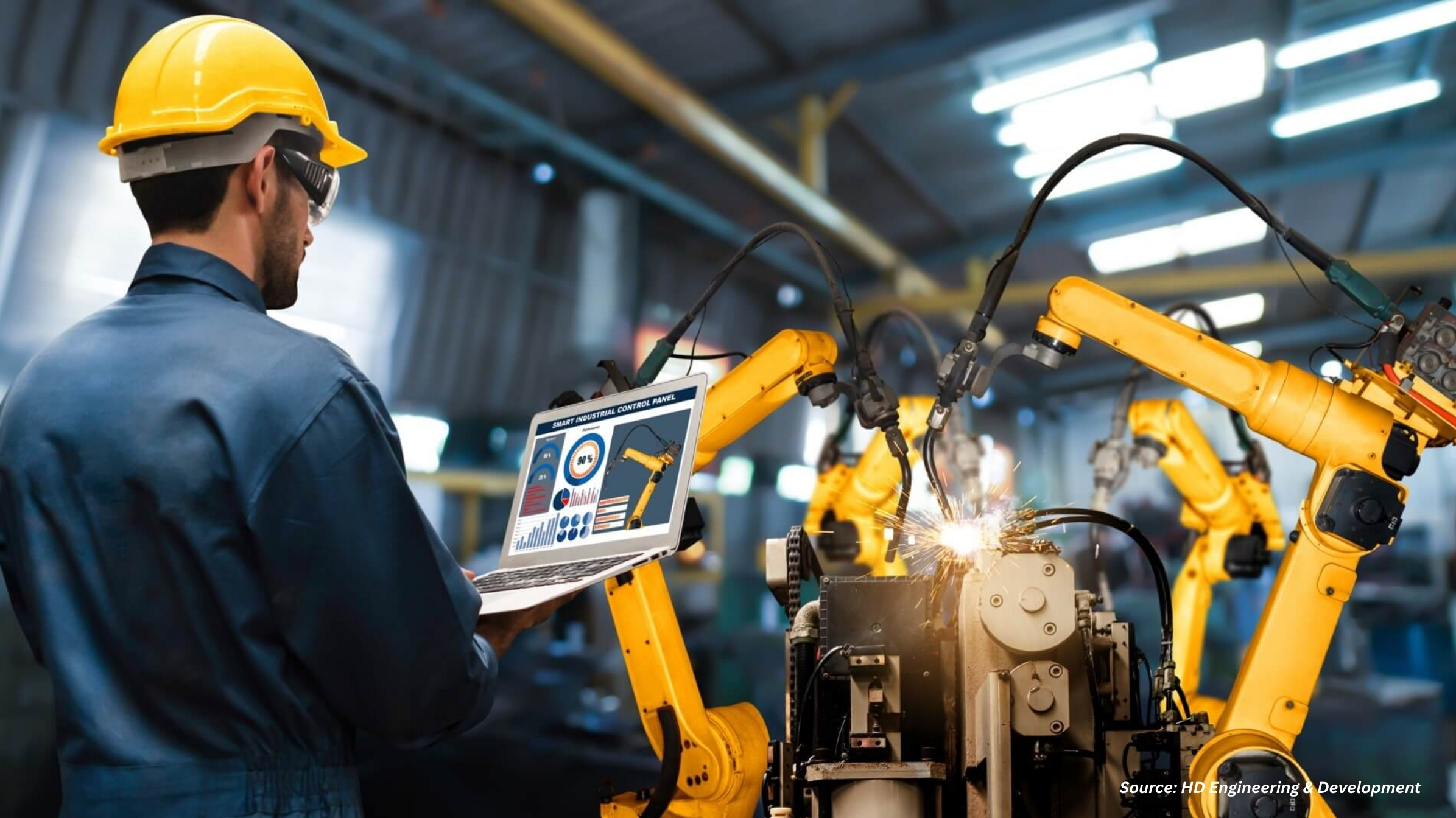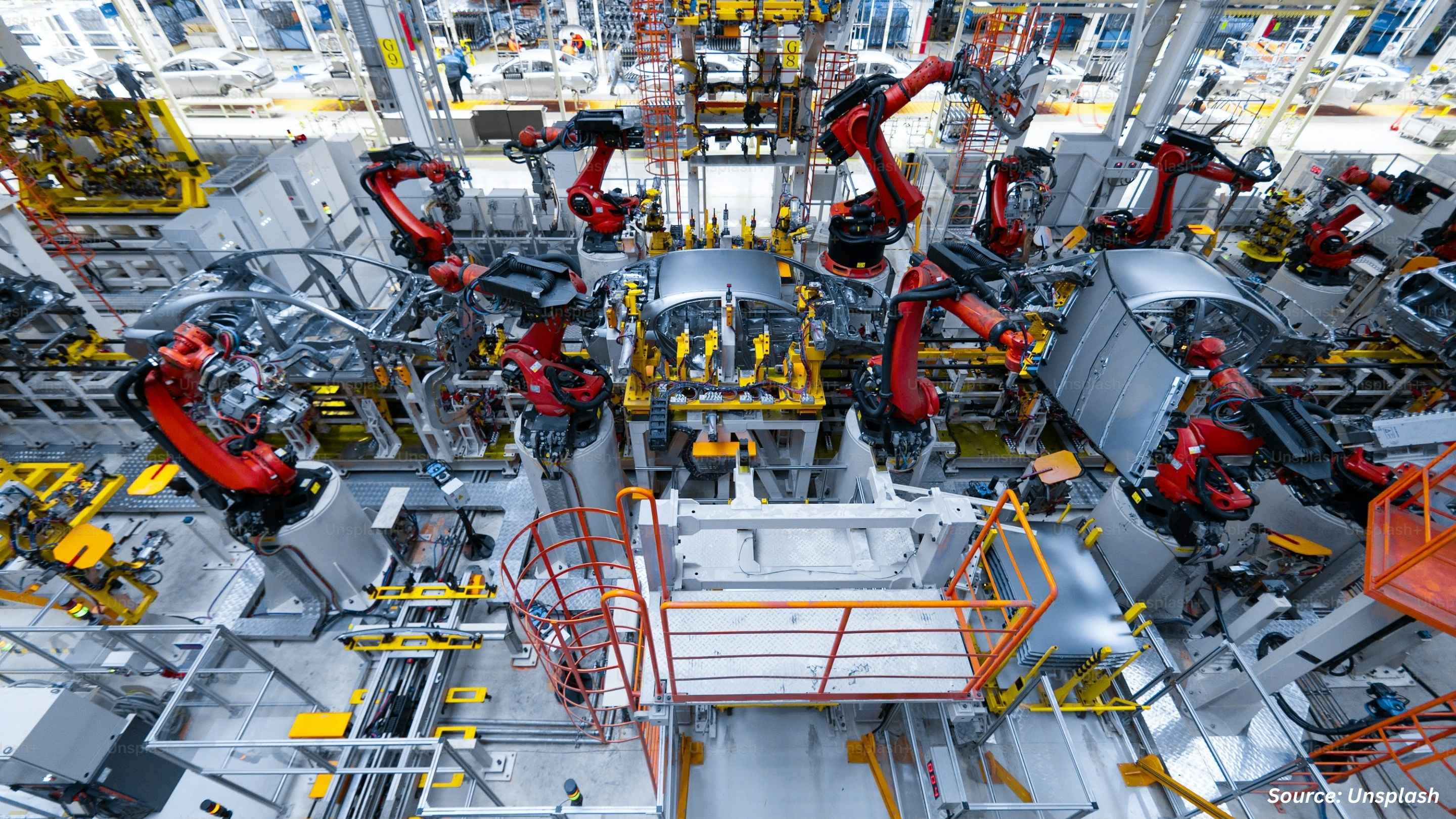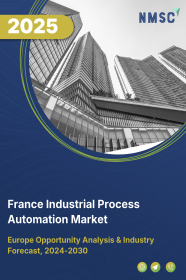
France Industrial Process Automation Market by Component (MES [Hardware, Software, Services]; DCS [Hardware, Software, Services]; PLC [Hardware, Software, Services]; SCADA [Hardware, Software, Services]; Field Instruments; Industrial Robots; Human Machine Interface; Industrial PCs; Process Analyzers& Drives) and by End User (Oil & Gas, Chemicals & Refining, Energy & Power, Pulp & Paper, Metals & Mining, Pharma, & Others) – Global Opportunity Analysis and Industry Forecast, 2025–2030
Industry: Semiconductor & Electronics | Publish Date: 14-Oct-2025 | No of Pages: 160 | No. of Tables: 121 | No. of Figures: 66 | Format: PDF | Report Code : SE983
Industry Outlook
The France Industrial Process Automation Market size was valued at USD 1.74 billion in 2024 and is projected to grow to USD 1.89 billion by 2025. Additionally, the industry is expected to continue its growth trajectory, reaching USD 2.54 billion by 2030, at a CAGR of 6.51% from 2025 to 2030.
The expansion of the pulp and energy sectors is driving significant demand for industrial process automation, as both industries seek to enhance efficiency, optimize resources, and comply with stringent regulatory standards. In the pulp industry, automation refines critical processes like pulping and drying, boosting productivity while reducing environmental impact. Similarly, the energy sector relies on automation to streamline power generation, grid management, and energy distribution, contributing to more sustainable and reliable systems.
However, cybersecurity risks present a major barrier, as businesses are wary of digital threats that compromise critical infrastructure, slowing the adoption of automation technologies. The integration of AI and machine learning offers promising opportunities for future growth, enabling predictive maintenance, optimized production, and improved decision-making, which drives long-term efficiency, innovation, and productivity across industries
Growth of the Pulp Industry Drives the France Industrial Process Automation Market Demand
The expansion of the pulp industry is fueling the need for industrial process automation as production demands rise and resource optimization becomes a priority. Automation plays a pivotal role in refining critical processes such as pulping, bleaching, and drying, significantly enhancing operational efficiency and reducing waste. By automating these stages, the industry maintains high productivity levels while minimizing environmental impact. This growing reliance on automation reflects the sector’s shift towards more efficient, sustainable, and scalable operations, addressing evolving market demands and regulatory pressures.
Expansion of the Energy and Power Sector Boosts Automation Adoption
The growth of the energy and power sector is driving the adoption of industrial process automation, as companies focus on improving operational efficiency and meeting stringent regulatory requirements. Automation technologies optimize essential processes such as power generation, grid management, and energy distribution, ensuring seamless integration and performance across various energy sources. By enhancing operational control and minimizing risks, automation supports the industry’s transition toward more sustainable and reliable energy systems, further accelerating growth in the sector.
Cybersecurity Risks Restrain the France Industrial Process Automation Market Expansion
Despite the growing demand for automation, cybersecurity risks remain a significant barrier to the widespread adoption of industrial process automation. As automation systems become increasingly interconnected with digital networks, businesses are more vulnerable to cyber threats such as data breaches, system flaws, and potential attacks on critical infrastructure. These security concerns create hesitation among companies, making them cautious about fully embracing automation technologies. Consequently, the fear of cybersecurity breaches is slowing down the pace of market growth in industrial process automation.
AI and ML Integration Unlocks Future Growth in Industrial Process Automation
The integration of artificial intelligence (AI) and machine learning (ML) offers a substantial opportunity for the industrial process automation market. These technologies enable predictive maintenance, improve operational decision-making, and optimize production with minimal human intervention. AI and ML enhance efficiency, reduce downtime, and improve quality control, positioning automation as a key enabler of innovation and productivity across industries. As AI and ML adoption continues to grow, companies benefit from more intelligent, responsive, and adaptive automation systems, driving long-term market growth.
Competitive Landscape
The promising players operating in the France industrial process automation industry include Schneider Electric SE, Siemens AG, ABB Ltd., Emerson Electric Co., Rockwell Automation, Inc., Honeywell International Inc., Yokogawa Electric Corporation, Mitsubishi Electric Corporation, Endress+Hauser AG, Omron Corporation, Bosch Rexroth AG, Phoenix Contact GmbH & Co. KG, WAGO Kontakttechnik GmbH & Co. KG, Beckhoff Automation GmbH & Co. KG, and KROHNE Messtechnik GmbH, and others.
France Industrial Process Automation Market Key Segments
By Component
-
Manufacturing Execution Systems (MES)
-
Hardware
-
Software
-
Services
-
-
Distributed Control Systems (DCS)
-
Hardware
-
Software
-
Services
-
-
Programmable Logic Control (PLC)
-
Hardware
-
Software
-
Services
-
-
Supervisory Control and Data Acquisition (SCADA)
-
Hardware
-
Software
-
Services
-
-
Field Instruments
-
Industrial Robots
-
Human Machine Interface (HMI)
-
Industrial PCs
-
Process Analyzers and Drives
By End User
-
Oil and Gas
-
Chemicals and Refining
-
Energy and Power
-
Pulp and Paper
-
Metals and Mining
-
Pharma
-
Cement & Glass
-
Others
Key Players
-
Schneider Electric SE
-
Siemens AG
-
ABB Ltd.
-
Honeywell International Inc.
-
Yokogawa Electric Corporation
-
Mitsubishi Electric Corporation
-
Endress+Hauser AG
-
Omron Corporation
-
Bosch Rexroth AG
-
Phoenix Contact GmbH & Co. KG
-
WAGO Kontakttechnik GmbH & Co. KG
-
Beckhoff Automation GmbH & Co. KG
-
KROHNE Messtechnik GmbH
Report Scope and Segmentation
|
Parameters |
Details |
|
Market Size Value in 2025 |
USD 1.89 Billion |
|
Revenue Forecast in 2030 |
USD 2.54 Billion |
|
Value Growth Rate |
CAGR of 6.51 %from 2025 to 2030 |
|
Analysis Period |
2024–2030 |
|
Base Year Considered |
2024 |
|
Forecast Period |
2025–2030 |
|
Market Size Estimation |
Billion (USD) |
|
Growth Factors |
|
|
Companies Profiled |
15 |
|
Market Share |
Available for 10 companies |
|
Customization Scope |
Free customization (equivalent to up to 80 working hours of analysts) after purchase. Addition or alteration to country, regional, and segment scope. |
|
Pricing and Purchase Options |
Avail customized purchase options to meet your exact research needs. |

















 Speak to Our Analyst
Speak to Our Analyst



